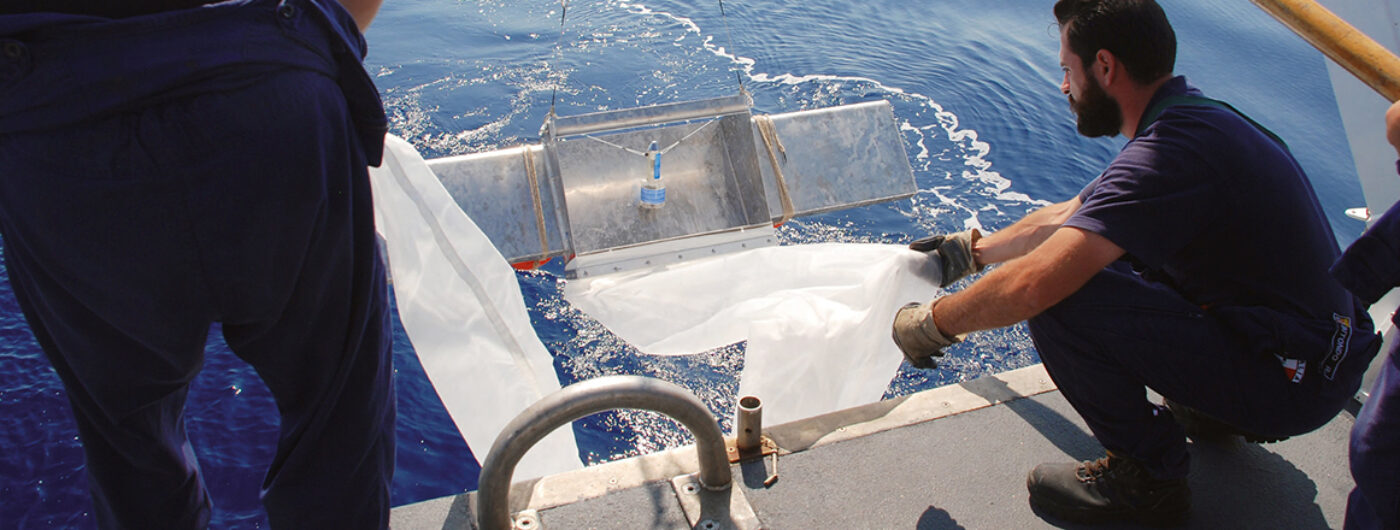
The UfM calls for preserving Mediterranean biodiversity in relaunching sustainable growth
- 32 Mediterranean species are already known to be globally extinct, or extinct in the wild.
- Mega fires caused by climate change have destroyed record areas of forest in recent years and damaged biodiversity. Areas susceptible to fires could increase by up to 40% with just a 1.5°C increase in temperature.
- The Union for the Mediterranean promotes and supports studies and projects in the region to halt biodiversity losses and achieve sustainable and inclusive growth for the post coronavirus recovery.
21 May 2020. The Union for the Mediterranean (UfM) joins the celebration of the International Day for Biological Diversity as an excellent opportunity to increase awareness on biodiversity issues in the Mediterranean. Held under the theme, ‘Our Solutions are in Nature’, this year’s International Day underlines how biodiversity is not only the answer to a number of sustainable development challenges, but also crucial in safeguarding public health.
The COVID-19 crisis has demonstrated how vulnerable this increasing loss of biodiversity makes us and how important it is to restore the balance between human activities and nature. The IPBES Report on Biodiversity and Ecosystem (2019) found that biodiversity is declining globally at rates unprecedented in human history, with up to one million species facing the threat of extinction, many within decades. According to MedECC, a science-policy interface, in the first-ever scientific report on the impact of climate and environmental change in the Mediterranean, that we support jointly with the UN Environment, the Mediterranean region is no exception to this trend despite being one of the world’s biodiversity hotspots:
- Out of 25,000 known plant species, more than half are endemic to the Mediterranean region, meaning that they are found nowhere else, and 28% have already been classified as threatened, without factoring in the increase of forest fires.
- Almost 2,000 species have been classified as ‘threatened’ in the IUCN red list, 69% of which are animals and 31% are plants whilst 34% of fish species are expected to be lost due to overfishing.
- Wetlands are of paramount importance for biodiversity in the Mediterranean: although they occupy only 2-3% of the basin area, they are home to more than 30% of vertebrate species. However, since 1970, their surface area has decrease by 48%, as floods and the intrusion of salt water affect their ecosystems.
The UfM Secretary General, Nasser Kamel, highlighted: “Sustainable cooperation mechanisms for biodiversity need more than ever to be at the heart of recovery plans after the COVID-19 pandemic. Safeguarding biodiversity and ecosystems are high on the agenda of the UfM, as they are crucial to preventing, and building resilience to, future outbreaks and providing immediate business and investment opportunities for restoring the region’s economy.”
The UfM promotes and supports regional projects in the Mediterranean that address biodiversity protection:
- ‘Plastic Busters MPAs’ tackles marine litter in the Mediterranean, with the overall goal of maintaining biodiversity and preserving natural ecosystems in pelagic and coastal marine protected areas (MPAs). The project is led by the University of Siena, Italy.
- ‘Scaling up forest and landscape restoration’ aims to restore biodiversity and promote joint mitigation and adaptation approaches through regional platforms, technical assistance and pilot activities applying appropriate forest and landscape restoration. The project is implemented by the Food and Agriculture Organization (FAO).
- The ‘MedFund’ aims to strengthen the financial sustainability of Mediterranean MPAs to protect marine biodiversity and to contribute to the long-term management of these areas across the region. The MedFund is coordinated by the Association for Sustainable Financing of Mediterranean MPAs.
The upcoming UfM Member States Ministerial Declaration on Environment and Climate Change, scheduled to take place in December 2020 in Egypt, will shape the region’s agenda up to 2030, putting further emphasis on protecting biodiversity and ecosystems on land, air and sea, in line with the UN Sustainable Development Goals and with the Post-2020 Global Biodiversity Framework, which is currently under preparation.
Background
- The UfM is an observer to the Convention on Biological Diversity (CBD), and the United Nation General Assembly. This year a Post-2020 Global Biodiversity Framework will be adopted, and will constitute a major step towards reversing the trend on biodiversity loss with the 2050 vision of ‘Living in harmony with nature’.
- The UfM supported the publication of the first-ever scientific report on the impact of climate change in the Mediterranean region and the full preliminary report is now available.
- The UfM Ministerial Declaration on Environment and Climate Change of 2014 includes biodiversity as a key priority for the regional cooperation agenda.

